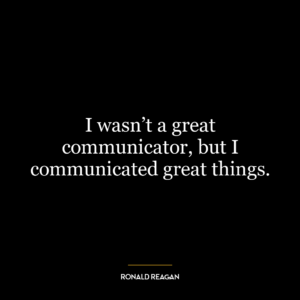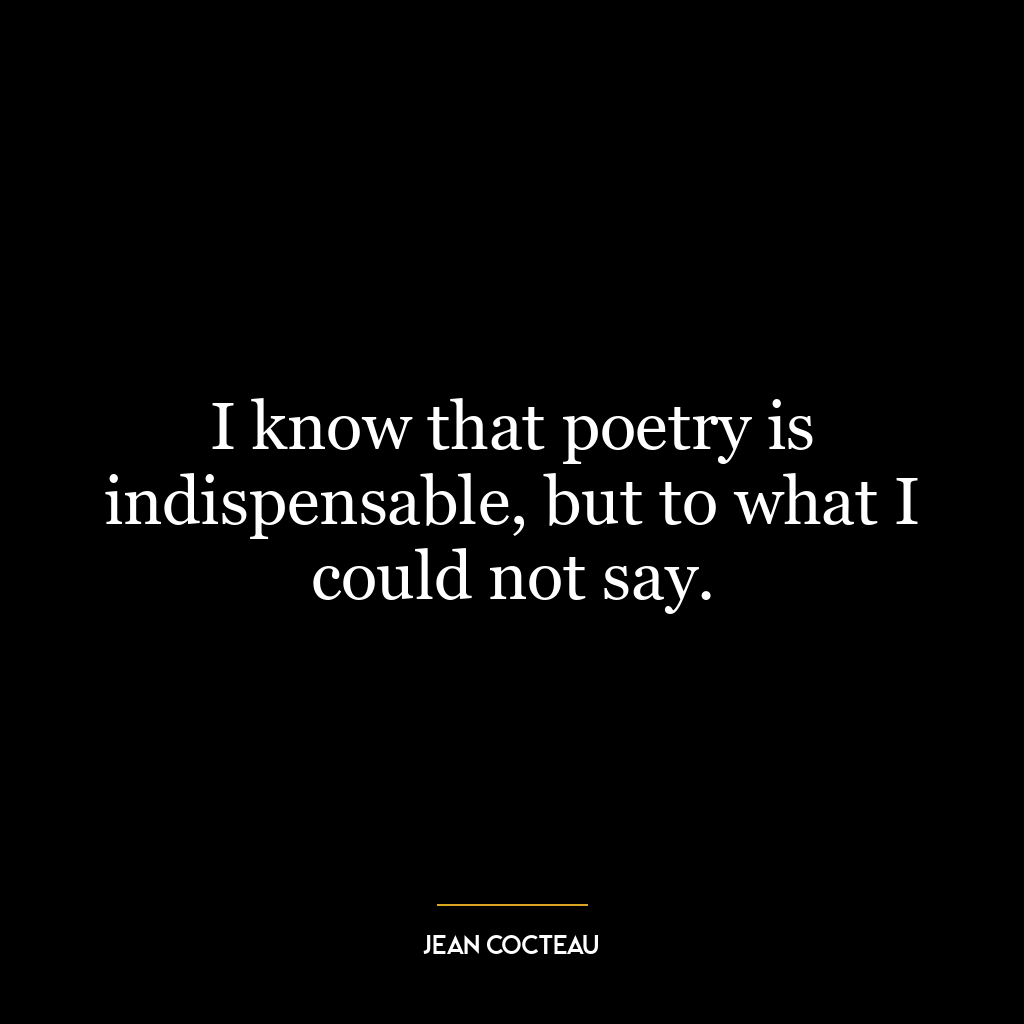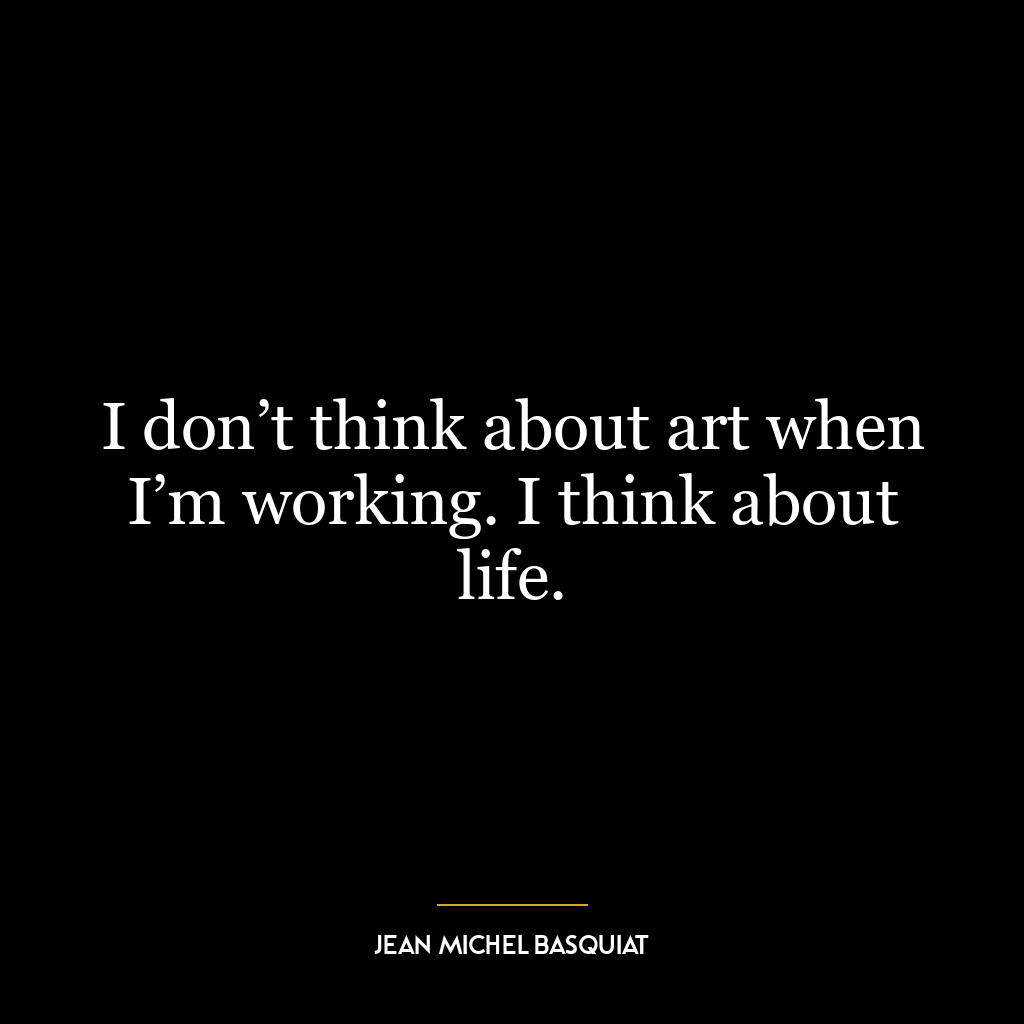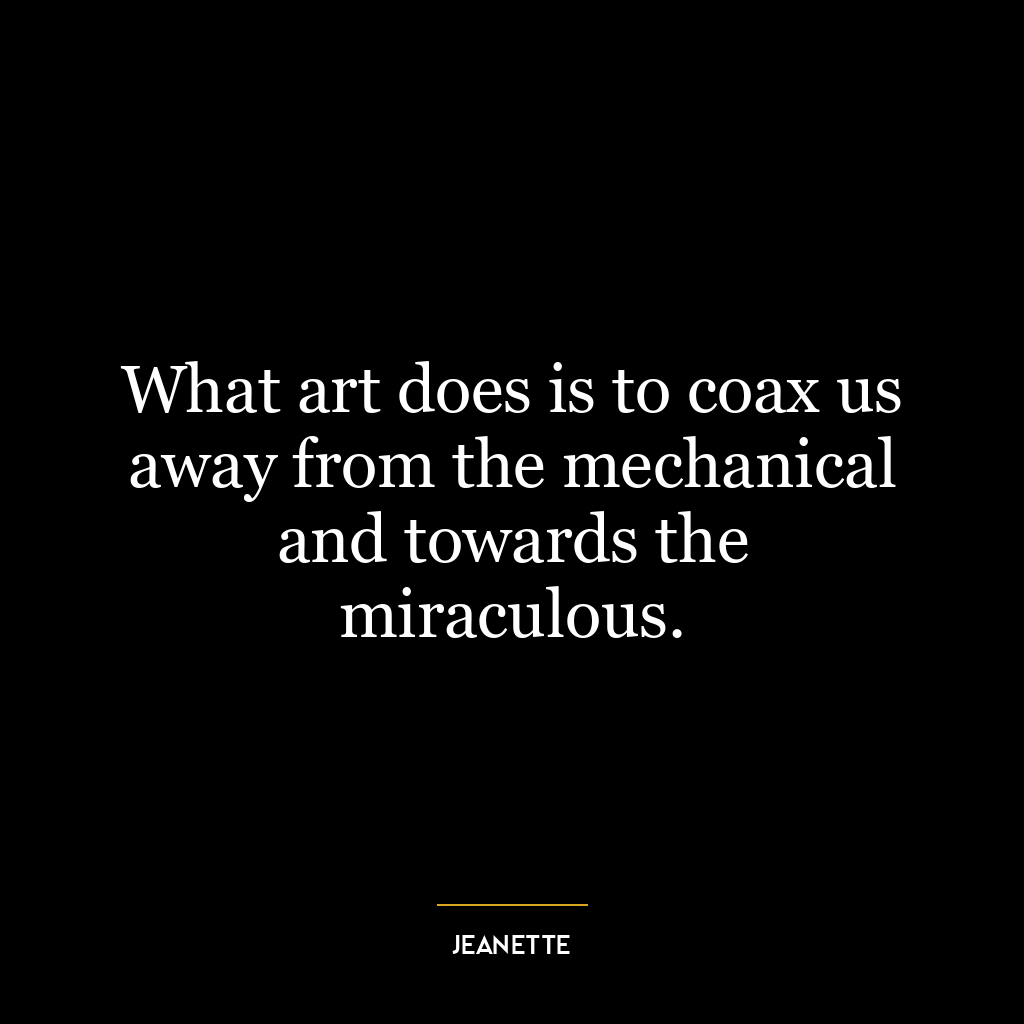This quote suggests that while it is important to learn from and respect the past, it is equally important to look forward and plan for the future. It signifies a forward-thinking mindset, a fundamental aspect of progress and development. The past serves as a source of inspiration, a reservoir of lessons learned and experiences gained. However, getting stuck in the past can hinder progress. Therefore, like most people, the speaker focuses on the future, using the inspiration and lessons from the past as a guide.
This idea can be applied in today’s world in various ways. For instance, in the realm of technology, we often look to the past to understand how far we’ve come, what worked, what didn’t, and why. These insights then fuel innovation and future advancements. On a societal level, we study history to understand our roots, learn from our mistakes, and strive to build a better future.
On a personal development level, this quote suggests the importance of not dwelling on past failures or successes. Instead, we should use them as stepping stones to shape a better future. It encourages us to learn from our past experiences but not let them define us. Our focus should be on personal growth, future goals, and the actions needed to achieve them.
In essence, this quote is a reminder that while the past can provide valuable lessons and inspiration, it is the future that holds the potential for growth and progress. It encourages us to be forward-thinking, to dream, plan, and work for a better future, using the past as a guide, not a destination.















